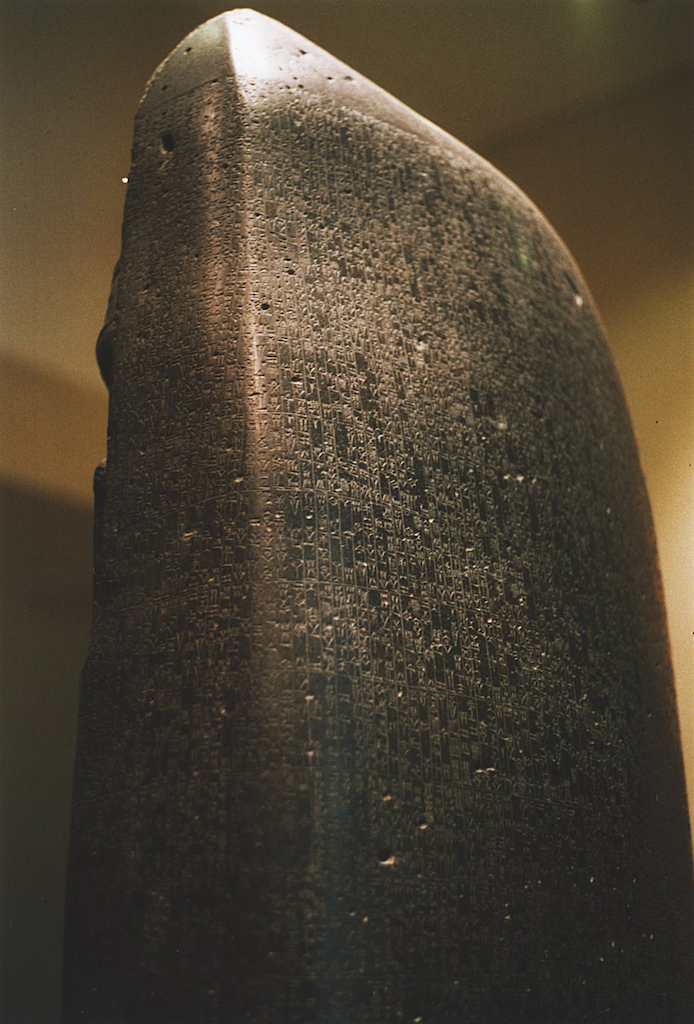Groundbreaking Bike Review Does Not Mention Goats
The publishing industry was rocked to its core yesterday by revelations that a member of the cycling press had authored a bike review that did not include the phrase “Climbs like a goat.”
Reactions range from mild confusion to stunned disbelief.
Prior to the review, which appeared yesterday on MagentaDirtBikeVitalRumor.com, it was widely considered impossible for editors to describe how they believed a bike performed while pedaled uphill as anything other than goat-like.
Of course, daring attempts to deviate from the gold standard “climbs like a goat” analogy have been made by two or three brave editors over the years. While writing for the National Police Gazette in 1890, for example, Augustus Shippington noted that the Raleigh Road Racer on test “…scaled mountains with the agility and ease of a satyr drunk on the heady dew of mighty Mount Olympus!”

The first-known attempt to write about a bike (Raleigh's 1890 Road Racer model) without mentioning goats was made by Augustus Shippington, in the National Police Gazette (above, left). Unfortunately, Shippington, like countless other writers was unable to completely shake the goat analogy.
Never, as evidenced by Shippington’s early attempt, has an editor been capable of entirely abandoning the climbing goat paradigm within his or her review. Bikes are, it has been always understood, inherently imbued with some kind of goat (be it full goat or man-goat hybrid) quality.
To wit, a test bike can be said to have “climbed like a scalded goat” or “climbed like a goat on fire” or “climbed like a goat on a mission” or even “climbed like a goat on crack”, but to climb without possessing any goat-like tendencies? It was absolutely unheard of. At least it was until Larry Sumwanker published his groundbreaking article on the Ibis Ripmo just this week.
“I don’t want to say that it’s a game changer or that I’m some kind of creative genius for making the leap,” said Sumwanker, “because that’d just be egotistical. This is so much bigger than me. But, yeah, it’s a total game changer.”
In his groundbreaking review, Sumwanker noted that the Ripmo “climbed quickly” [emphasis added]. Some experts are describing Sumwanker’s novel word choice as an “adverb”.

Journalists have been required by law, since ancient times, to ascribe goat-like tendencies to products under review.
GOAT SIMILE HAS DEEP HISTORICAL ROOTS
While the public has always been baffled by the media’s longstanding inability to shake its obsession with goats, there is, in fact, historical precedent and grounding for the goat simile. Historian Alexander Huffington notes that editors have, historically speaking, been legally bound to make at least one goat reference within every review-type article. Not only is this considered a bedrock rule taught in journalism schools the world over—it was once law, literally set in stone.
In 1754 BC, the sixth Babylonian King, Hammurabi, ordered that 282 laws and scaled punishments be carved into the side of a 7.4-foot tall (2.25m) slab of basalt. This, what is often called “Hammurabi’s Code”, is considered the first comprehensive codex of laws in the ancient world. The code governs everything from how marital divorces should proceed to what constitutes fair ox-driver working conditions.
While "An eye for an eye" is arguably the most well known of Hammurabi's edicts, Hammurabi’s Code also contains laws pertaining to the ancient class of Mesopatamian scribes.
Scribes, it is noted (look two-thirds of the way down the rock slab, on the left-hand side, just past the sentence beginning with bird/jackal head and angry-god-eye symbols),
“....must describe all feats of strength or miraculous events in terms that all citizens can easily understand—in degrees of goat-ness. Failure to do so shall result in the loss, first, of an index finger. Repeat offenses shall require the removal of remaining fingers and, ultimately, toes as well, should the local Chief Amputator run out of fingers to work with.”
Few journalists today are aware of the index finger or toe penalties or the long legal history that intrinsically connects goats and the written word. Indeed, similar goat requirements can be found inscribed in the Rosetta Stone and within Leviticus, the Magna Carta and the United States Constitution.
All contemporary editors, however, duly understand that is not viable to write product reviews without mentioning goats.
Scribes, it is noted (look two-thirds of the way down the rock slab, on the left-hand side, just past the sentence beginning with bird/jackal head and angry-god-eye symbols),
“....must describe all feats of strength or miraculous events in terms that all citizens can easily understand—in degrees of goat-ness. Failure to do so shall result in the loss, first, of an index finger. Repeat offenses shall require the removal of remaining fingers and, ultimately, toes as well, should the local Chief Amputator run out of fingers to work with.”
Few journalists today are aware of the index finger or toe penalties or the long legal history that intrinsically connects goats and the written word. Indeed, similar goat requirements can be found inscribed in the Rosetta Stone and within Leviticus, the Magna Carta and the United States Constitution.
All contemporary editors, however, duly understand that is not viable to write product reviews without mentioning goats.
While investigating this story we asked several cycling editors what might happen if they omitted the goat analogy from their own text. Answers included “It might break the Internet machine,” “It might break my mother’s back” and “All heaven and earth shall be consumed in fire and wrath.”
So far, however, the Internet is neither broken nor the earth enveloped in flames, which leads us to conclude that journalists’ understanding of goats and analogies may be in error.
Does this mean that other bike-review tropes could also be abandoned in the future? For instance, might we witness a day when a reviewer doesn’t say that it felt like they were riding “in the bike instead of on top of it” or that a bike “inspired confidence?”
We put the question to Larry Sumwanker, the brave soul who broke the centuries-old maxim on goat analogies.
“No. That’s patently impossible. I think I’ve pushed it as far as humanly possible by ridding my review of goat talk. The rest of it is absolutely essential. It’s what we do.”
Author Info:
Must Read This Week
Sign Up for the Pinkbike Newsletter - All the Biggest, Most Interesting Stories in your Inbox
PB Newsletter Signup



(greatest of all times). It's not a sheep-herding insult or anything like that